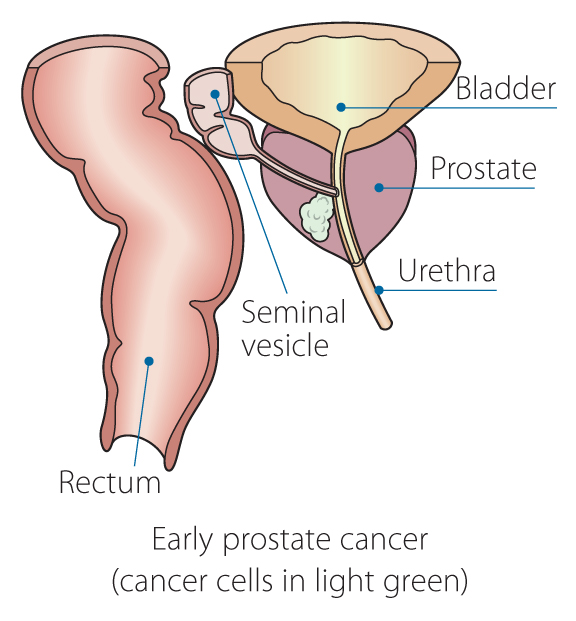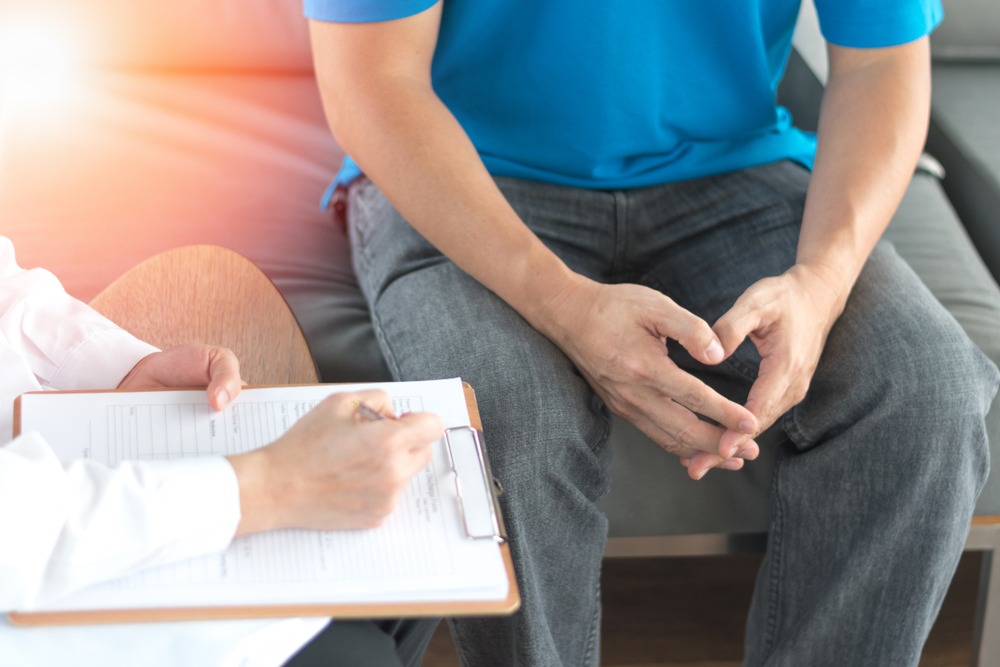What you need to know about Prostate Cancer Treatments
Contents
- 1 What you need to know about Prostate Cancer Treatments
- 2 What does the Procedure Involve?
- 3 How Long Should You Stay in the Country?
- 4 What’s the Recovery Time Like?
- 5 What Aftercare Should You Consider?
- 6 What is the Success Rate for Prostate Cancer Treatments?
- 7 Are there Alternatives to Prostate Cancer Treatments?
- 8 What Should You Expect Before and After the Procedure?
There is no single prostate cancer treatment that can be used for everyone, but your doctor will recommend one for you which is dependent on several factors, such as the stage of the disease, your age, your general health, your personal preference, as well as how quickly the tumor is likely to grow. The main treatment for prostate cancer includes surgery, radiation, chemotherapy, and immunotherapy.
What does the Procedure Involve?
If you are generally healthy and cancer has not spread, surgery is the best option. Surgery is performed during general anesthetic and may involve removing your prostate gland and the tissue around it. Following on with radiation therapy, high-energy beams (similar to X-rays) are used to kill the cancer cells, or with chemotherapy, drugs taken by the mouth or through an IV are used to kill cancer cells and shrink the tumors. For advanced prostate cancer, immunotherapy is used to use your immune system to fight cancer.

How Long Should You Stay in the Country?
The procedure you underwent will determine the amount of time you need to spend in the local area. After surgery, you may need to stay for around 7 to 14 days. For chemotherapy, radiation therapy, and immunotherapy, your length of stay depends on how many cycles are needed for your specific case.
What’s the Recovery Time Like?
After prostate cancer surgery, most men will get back to normal within six to eight weeks, but you may be able to go back to work within four weeks. After any type of therapy, you should be able to return to work the next day or if there are no symptoms that interfere with your ability to work. Make sure to ask your doctor how long until you can resume your normal activities, including exercises and heavy lifting.
What Aftercare Should You Consider?
Your doctor will likely give you instructions, which may include eating a healthy, balanced diet and performing light exercises. You may also need to attend follow-up appointments with your local doctor to monitor your condition. During this appointment, make sure you tell your doctor about any symptoms you experience.
What is the Success Rate for Prostate Cancer Treatments?
The 5-year survival rate is nearly 100%, but if the prostate cancer has spread to other parts of the body, the survival rate is significantly reduced to 30%. These treatments carry side effects and risks of complications, such as infection, bleeding, fatigue, hair loss, feeling sick, diarrhea, lower sex drive, erectile dysfunction, bowel problems, and inability to get a woman pregnant.
Are there Alternatives to Prostate Cancer Treatments?
If you prefer not to undergo any of the treatments mentioned above because of the side effects or your personal reasons, you can discuss with your doctor what your alternatives are. For early prostate cancer, you may undergo cryotherapy or cryosurgery. If your condition does not cause any symptoms, your doctor may suggest active surveillance.
What Should You Expect Before and After the Procedure?
Prostate cancer can be life-threatening, spread to other organs, and cause painful symptoms. After treatment, any symptoms should be relieved and the risk of your cancer spreading to other parts of your body will be greatly reduced. Although there is no sign of cancer in your body anymore, your doctor will not say ‘cured,’ instead, they may say you are in remission.
For an in-depth analysis of Prostate Cancer, watch this short video.
To check prices or to book a Prostate Cancer Treatment Procedure in Thailand or anywhere else in the world, head on over to MyMediTravel now!

